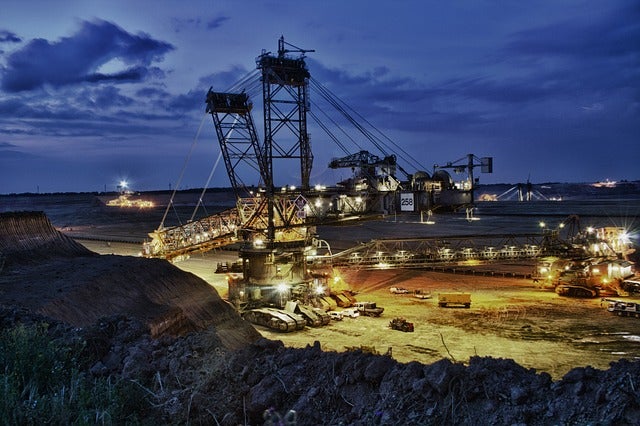
Canadian mining company Lumina Gold has received positive results from the Preliminary Feasibility Study (PFS), prepared for its fully-owned Cangrejos Gold-Copper Project in Ecuador.
Located in El Oro province, southwest Ecuador, the project is 30km southeast of the provincial capital of Machala and 40km from the deep-water commercial port of Puerto Bolivar.
Construction company Ausenco Engineering Canada has managed the based work for PFS, while Lumina’s representative, MTB Enterprises, offered oversight and input.
The PFS further improves the company’s two prior preliminary economic assessments (PEAs) for the project, with the latest PEA in 2020.
It increases the probable gold reserves to 11.6 million ounces and indicated gold mineral resource to 16.8 million ounces, from the initial 10.4 million ounces, said the company.
Lumina Gold president and CEO Marshall Koval said: “This study not only confirms the tremendous value of the Cangrejos Project, but also allows the Company to commence negotiating terms for its Investment Protection Agreement and begin the permitting process required for Cangrejos to begin construction.
“We believe that this is one of the best gold and copper development assets globally based on its surrounding infrastructure, scale and multi-decade mine life.”
The updated PFS results suggest 26 years of mine life for the Cangrejos project, with a revenue composition of 79% gold, 20% copper and 1% silver.
It estimates average annual payable production of 371,000 ounces of gold and an average payable by-product production of 42 million pounds of copper.
The PFS also predicts an average of 469,000 ounces per annum of gold equivalent production at the project, through the life of the mine.
It estimates 30,000 tonnes per day of processing operation within three years of operation, which is expected to increase to 60,000 in the fourth year and 80,000 in the seventh year.
The PFS anticipates average operating costs of $602/oz in cash and all-in-sustaining costs of $671/oz, excluding by-product credits, in addition to initial capital costs of $925m.






